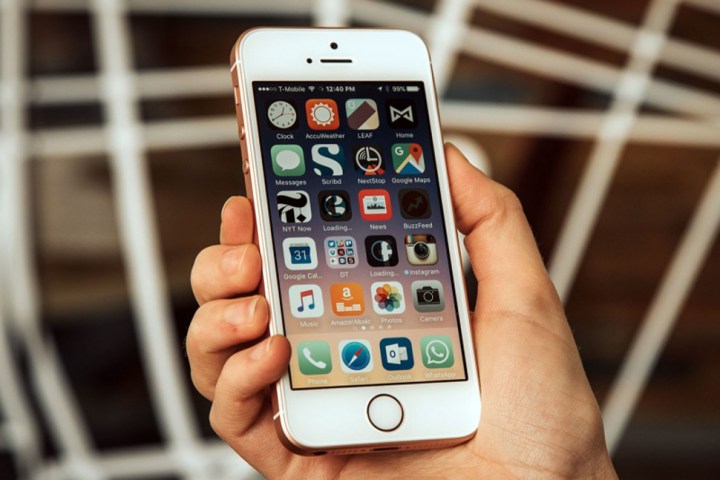
It’s unclear exactly what this tool is, which devices it is able to crack into and what operating system version they have to run — but the confirmation of the tool comes from Communications Minister Ravi Shankar Prasad.
“As part of a program, a tool for mobile forensics has been developed, which handles smartphones including Apple phones,” Prasad said in response to a question on encryption, according to The New Indian Express.
If true, it reaffirms the rather obvious notion that other countries are heavily interested in the outcome of the FBI’s battle with tech giants, and whether the U.S. government will take steps to enact anti-encryption legislation.
The encryption debate ensued after one of the San Bernardino, California, terrorist shooters left behind a locked iPhone. The FBI went to Apple for help, and while the company initially complied, it refused a court order demanding that it build a tool providing backdoor access into the iPhone. Apple, along with most of the tech industry, believe building such a tool would jeopardize people’s security and privacy.
The case ended when the FBI paid for a technique that successfully unlocked the iPhone. The FBI persisted that it needed Apple’s help for another case, but it relented after it successfully hacked into the second iPhone.
Recently, the LAPD was able to successfully hack into an iPhone, raising doubts as to whether the FBI legitimately could not break into the iPhone. If what the Indian communications minister says is true, then it would mean India has a more sophisticated tool than the FBI.
India is continuing research and development to upgrade its tools and technologies in accordance with ever-changing software and devices, the minister reportedly said.
The Indian government did not immediately respond for comment.


